746339
Dichlorotriphenylphosphine[bis(2-(ethylthio)ethyl)amine]ruthenium(II)
97%
Synonym(s):
Ru-SNS catalyst
About This Item
Recommended Products
Quality Level
Assay
97%
form
solid
reaction suitability
core: ruthenium
reagent type: catalyst
greener alternative product characteristics
Catalysis
Learn more about the Principles of Green Chemistry.
sustainability
Greener Alternative Product
mp
300-310 °C
greener alternative category
SMILES string
CCSCCN([H])CCSCC.Cl[Ru]Cl.P(C1=CC=CC=C1)(C2=CC=CC=C2)C3=CC=CC=C3
InChI
1S/C18H15P.C8H19NS2.2ClH.Ru/c1-4-10-16(11-5-1)19(17-12-6-2-7-13-17)18-14-8-3-9-15-18;1-3-10-7-5-9-6-8-11-4-2;;;/h1-15H;9H,3-8H2,1-2H3;2*1H;/q;;;;+2/p-2
InChI key
ZQGMNGJIEYHKBR-UHFFFAOYSA-L
General description
Application
Replacing Phosphorus with Sulfur for the Efficient Hydrogenation of Esters
Other Notes
Legal Information
Signal Word
Danger
Hazard Statements
Precautionary Statements
Hazard Classifications
Acute Tox. 3 Inhalation - Acute Tox. 4 Dermal - Acute Tox. 4 Oral
Storage Class Code
6.1C - Combustible acute toxic Cat.3 / toxic compounds or compounds which causing chronic effects
WGK
WGK 3
Flash Point(F)
Not applicable
Flash Point(C)
Not applicable
Choose from one of the most recent versions:
Certificates of Analysis (COA)
Don't see the Right Version?
If you require a particular version, you can look up a specific certificate by the Lot or Batch number.
Already Own This Product?
Find documentation for the products that you have recently purchased in the Document Library.
Articles
Learn about Ester Hydrogenation from MilliporeSigma. The reduction of esters to alcohols is typically accomplished using metal hydrides. While effective, it comes at the cost of stoichiometric waste and complicated workup procedures.
Related Content
Prof. Dmitry Gusev and his co-workers are developing organometallic compounds of transition metals with tridentate ('pincer'-type) ligands for applications in catalytic hydrogenation of compounds with polar C=O and C=N bonds, dehydrogenative coupling and dehydrogenation reactions of alcohols.
Our team of scientists has experience in all areas of research including Life Science, Material Science, Chemical Synthesis, Chromatography, Analytical and many others.
Contact Technical Service![Dichlorotriphenylphosphine[2-(diphenylphosphino)-N-(2-pyridinylmethyl)ethanamine]ruthenium(II) 97%](/deepweb/assets/sigmaaldrich/product/structures/303/584/056e7e0c-3dde-4c68-9250-78fed40d37cb/640/056e7e0c-3dde-4c68-9250-78fed40d37cb.png)
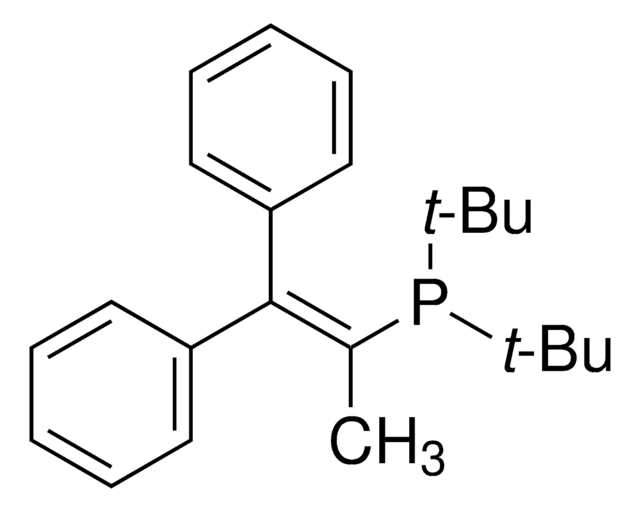
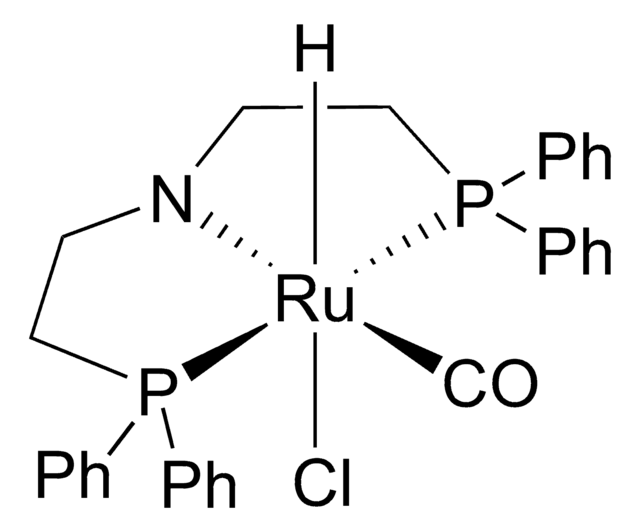

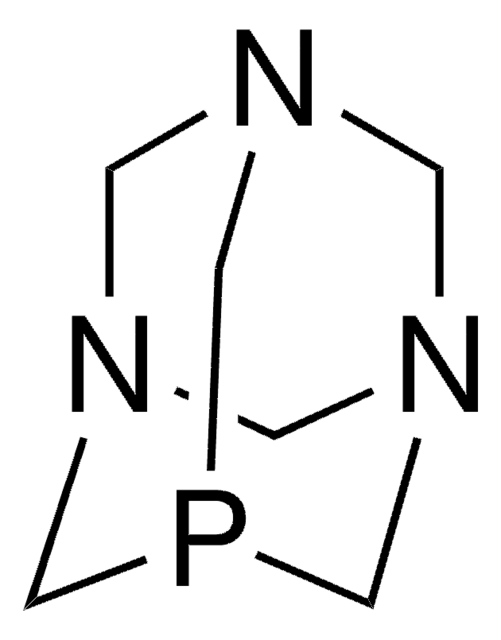
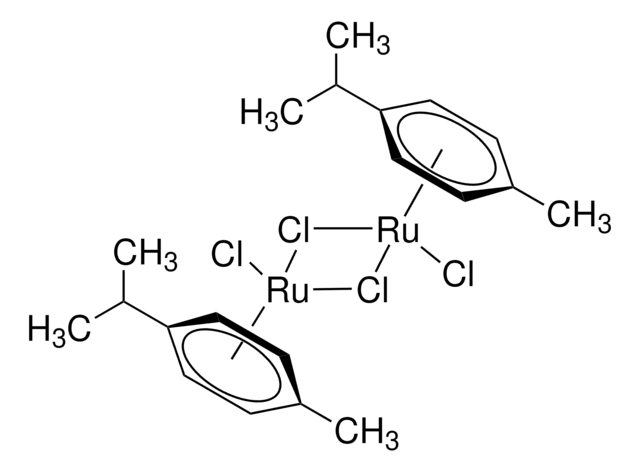
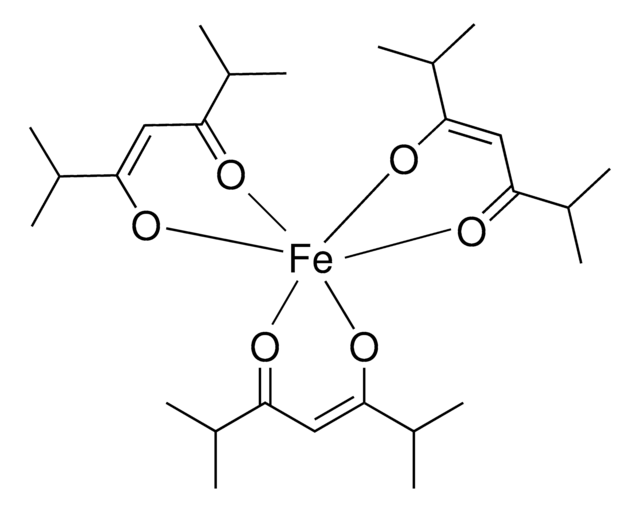
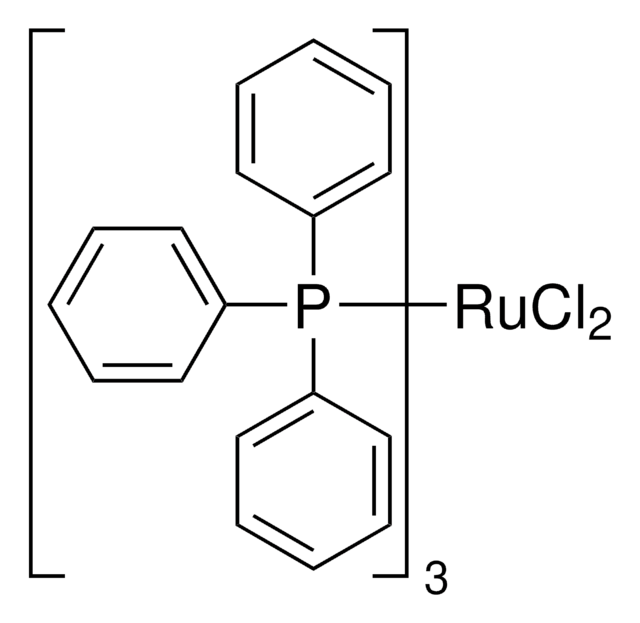
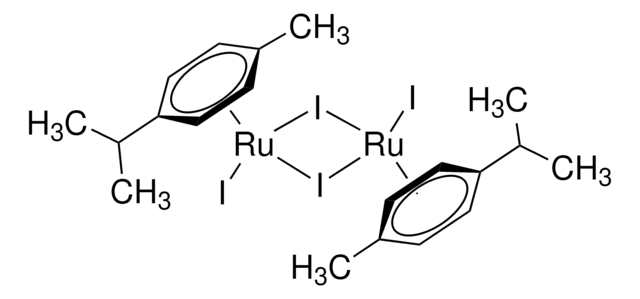
![OsHCl(CO)[κ3-PyCH2NHC2H4NHPtBu2] 95%](/deepweb/assets/sigmaaldrich/product/structures/143/720/d4b52c69-a729-42f7-8dcc-158481953341/640/d4b52c69-a729-42f7-8dcc-158481953341.png)
